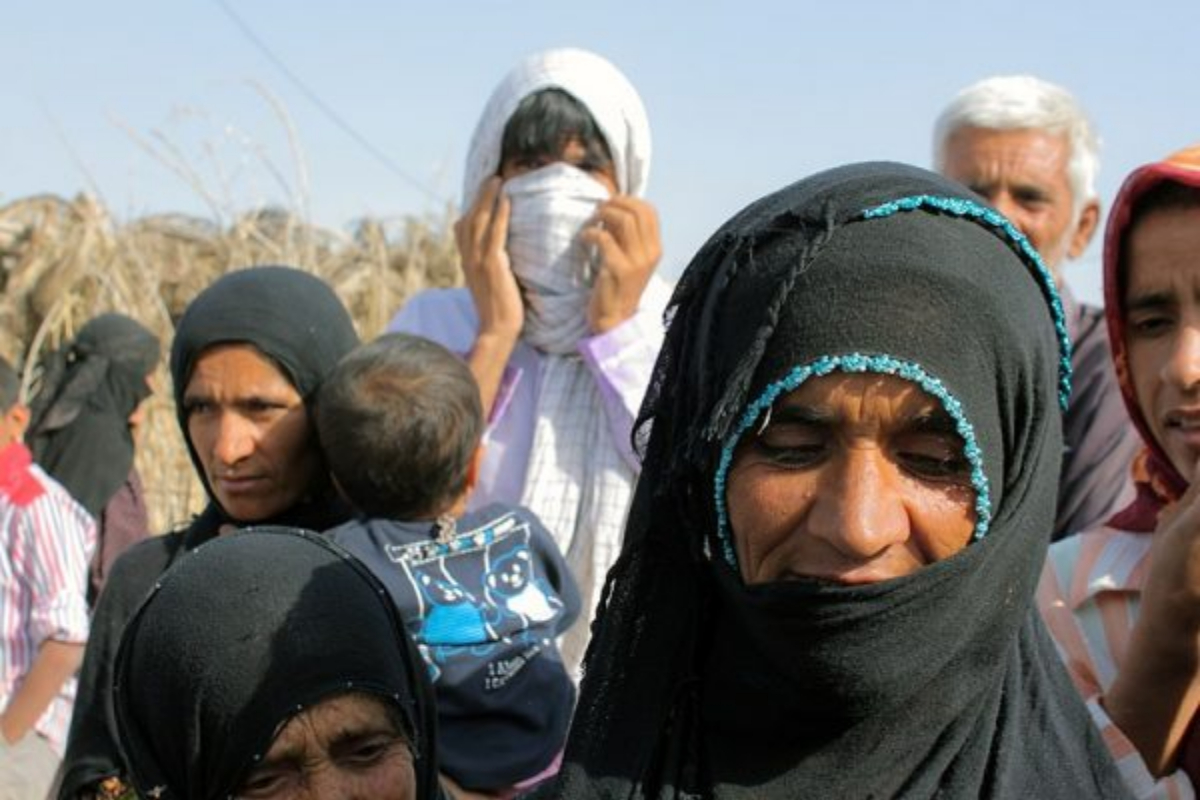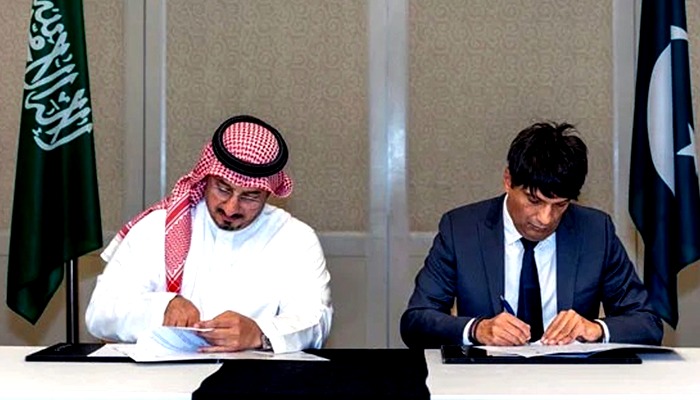ISLAMABAD: The Islamabad Policy Research Institute (IPRI) on Thursday organised a webinar on the socioeconomic status of women in Balochistan, which was addressed by the stakeholders from all walks of life, a statement said.
The discussants included Senator Sana Jamali, Fatima Nangyal Khan from the National Commission on the Status of Women (NCSOW); and Bushra Sadiqui, bureau chief of GTV Balochistan.
The speakers were of the view that a lot is to be done to develop the status of women in the backward regions of the province, for which a substantial policy has been lacking.
They said that empowering women will go a long way in doing away with the discrimination and help counter anti-state elements parochial tendencies.
The women speakers observed that the progress of the fairer sex is not up to the mark, and they lag in education and healthcare sectors. The spectre of education for women in the province presents a bleak picture, owing to tribal culture, the lack of educational institutions, paucity of basic equipment in schools, negligible teaching staff, ghost teachers and appointments on political grounds and nepotism.
Likewise, there exist a plethora of challenges in the health sector, including the lack of basic health units, insufficient medical facilities, inaccessibility to medical resources and health facilities; and the ubiquity of superstitious beliefs among the people of Balochistan.
There was a consensus from the legislators’ that women in Balochistan are marginalised in all three tiers of the government: national, provincial and local bodies. The sense of neglect is worrisome, they noted.
Similarly, patriarchal structure and tribalism are the key impediments in the socioeconomic development of women and this is where reforms and relevant laws are desired.
Moreover, the lack of implementation of existing laws and protocols, as well as the lethargy in dispensing the responsibilities, have kept the women in tatters.
The need of the hour is to promote women participation in every field, inter-alia universities, social, political, economic and developmental spheres, as well as arts and craft sector, the webinar participants resolved.
It was stressed that engagement with the tribal leaders and negating taboos can help alleviate the status and prospects of girl child and working women, as well as housewives in Balochistan.
The participants noted that while the province is home to the China-Pakistan Economic Corridor (CPEC), there lies an opportunity for both the genders to participate in all the sectors of development and the sense of marginalisation and discrimination must be done away with.
[embedpost slug=”webinar-held-on-population-and-food-security/”]




















